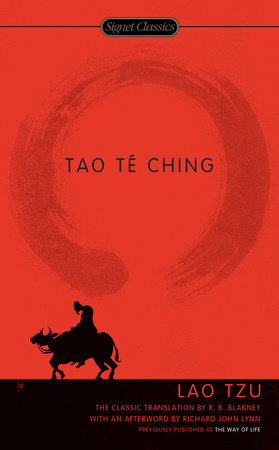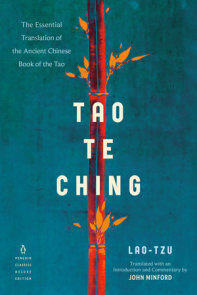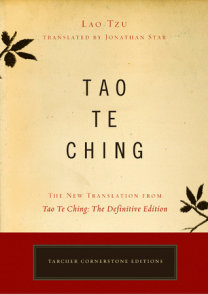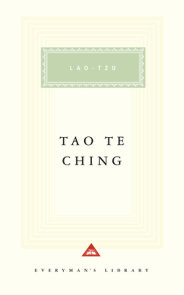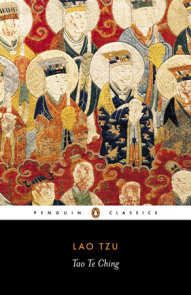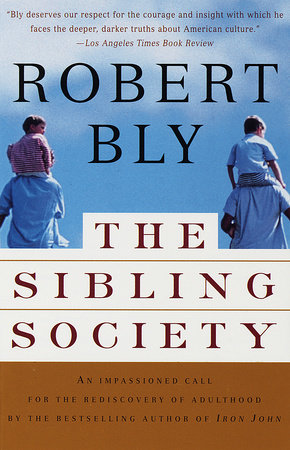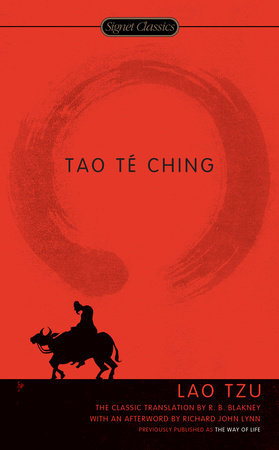

Add to Bookshelf
Tao Te Ching
By Lao Tzu
Introduction by R. B. Blakney
Afterword by Richard John Lynn
Translated by R. B. Blakney
By Lao Tzu
Introduction by R. B. Blakney
Afterword by Richard John Lynn
Translated by R. B. Blakney
By Lao Tzu
Introduction by R. B. Blakney
Afterword by Richard John Lynn
Translated by R. B. Blakney
By Lao Tzu
Introduction by R. B. Blakney
Afterword by Richard John Lynn
Translated by R. B. Blakney
Best Seller
Category: Philosophy | Classic Nonfiction | Religion
Category: Philosophy | Classic Nonfiction | Religion

Mass Market Paperback
$7.95
Jan 02, 2007 | ISBN 9780451530400
-
$7.95
Jan 02, 2007 | ISBN 9780451530400
-
Jan 02, 2007 | ISBN 9781101143780
YOU MAY ALSO LIKE
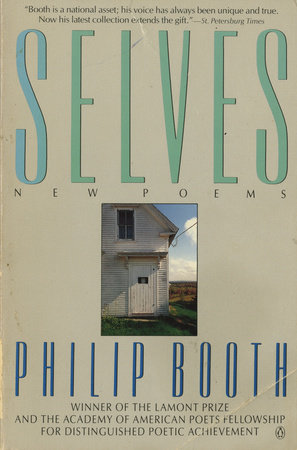
Selves
Ebook
$6.99
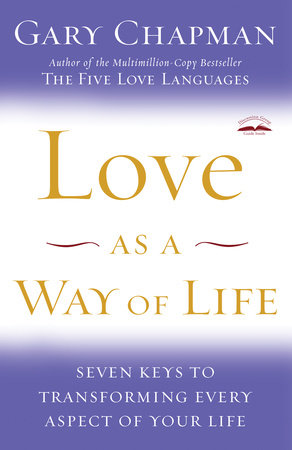
Love as a Way of Life
Paperback
$17.00
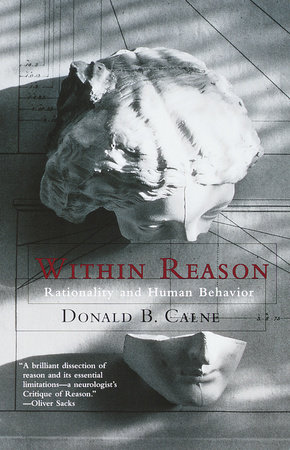
Within Reason
Paperback
$16.95
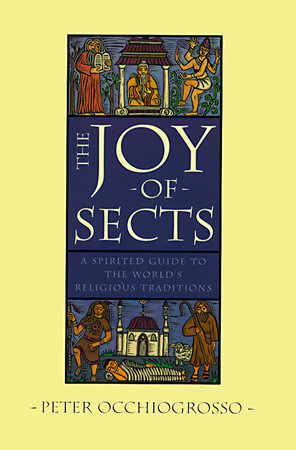
The Joy of Sects
Paperback
$29.00
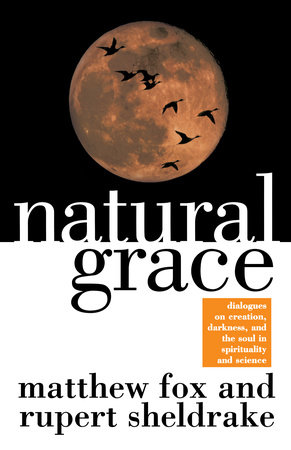
Natural Grace
Paperback
$15.00

The Flaming Corsage
Paperback
$16.00
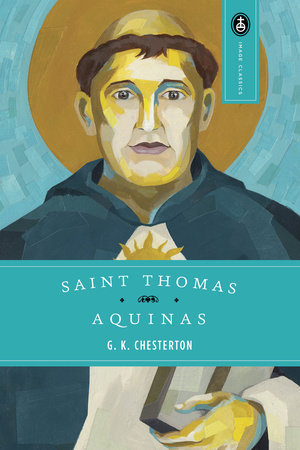
Saint Thomas Aquinas
Paperback
$15.00

Windblown World
Paperback
$24.00
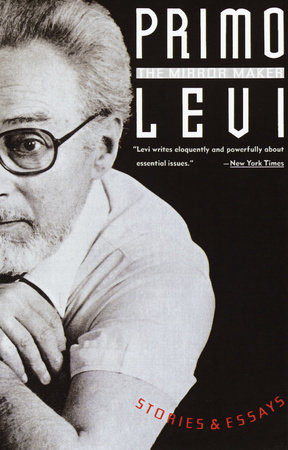
The Mirror Maker
Paperback
$15.00
×
Become a Member
Just for joining you’ll get personalized recommendations on your dashboard daily and features only for members.
Find Out More Join Now Sign In








